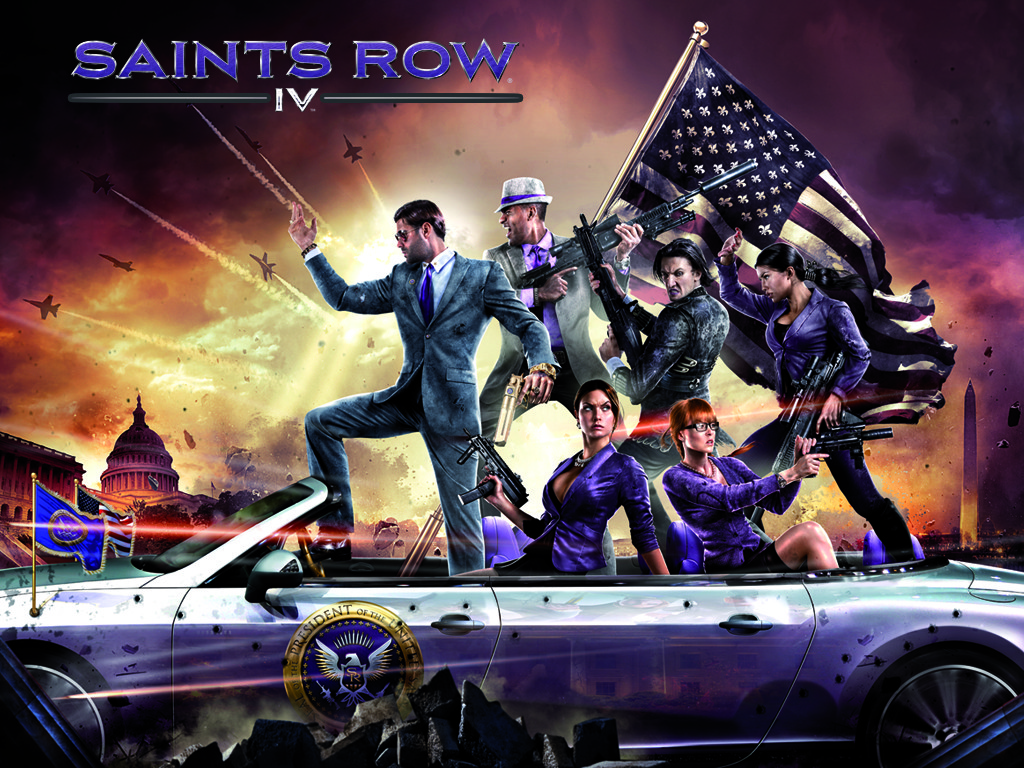I try to keep these blog posts focused more on content than self-promotion, but I figure I’m allowed the occasional lapse on my own site…
I’ve been doing a lot of writing for Star Wars projects recently. Or maybe I should say “a lot of Star Wars projects I’ve written for have been announced recently”–some of these have been in the pipeline longer than others. For those interested, let’s run down the list!
As previously mentioned, my novel Star Wars: Battlefront: Twilight Company is scheduled to come out in November. It’s connected to the upcoming Star Wars: Battlefront video game, but it’s an original story and not a novelization. I’m told an excerpt may appear at the back of the upcoming novel Star Wars: Dark Disciple, though I haven’t seen it myself.
Star Wars: Uprising is a new free-to-play mobile action RPG from Kabam scheduled to be released sometime this fall. I helped develop the overall story with the project lead, Daniel Erickson (who I previously worked with on Star Wars: The Old Republic) and wrote the game’s script. Uprising takes place shortly after Return of the Jedi, but the trailer sets up the premise best:
Speaking of Star Wars: The Old Republic, its next expansion–entitled Knights of the Fallen Empire–arrives October 27th, bringing massive story changes to the setting. The first nine chapters of episodic story content will be released all at once, but I’m the writer for chapter ten, “Anarchy in Paradise” and one later chapter that will appear in 2016. While the larger storyline is in the capable hands of the BioWare Austin writing team, I’m grateful to BioWare for inviting me to play in a small section of the SWTOR sandbox once again.
For anyone interested in hearing me talk about my past Star Wars work and the art of writing in the franchise, I was interviewed for the ForceCast podcast a few weeks back by Justin Bolger. I very much enjoyed the experience and thought some interesting lines of discussion came up.
And that’s it! That’s all the Star Wars projects I’m involved with this fall and winter. All the secrets have been revealed.
(All those secrets, anyway.)

 Image purloined from the official site.
Image purloined from the official site.